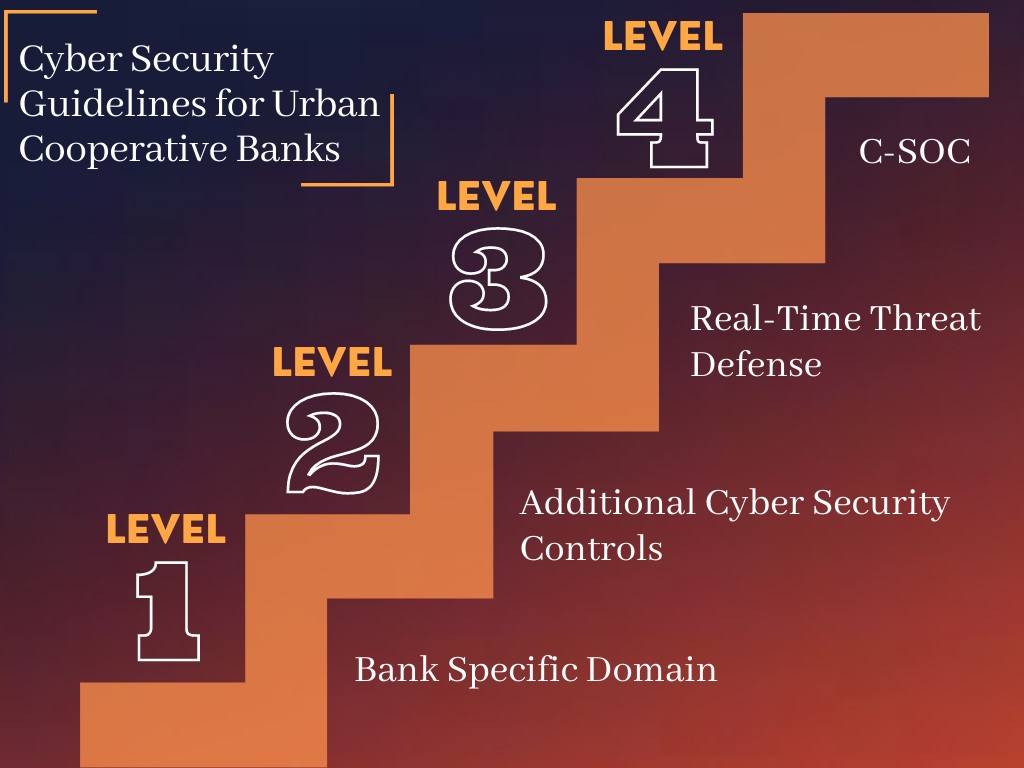RBI Cyber Security Framework for Banks
RBI Cyber Security Framework for Banks
Detailed guidelines have been issued by RBI (Reserve Bank of India), on Cyber Security Framework to enable banks to formalize, adopt and implement cyber security policy and risk management plan. These guidelines are set for Banks in India to nudge them towards developing and implementing next generation cyber defense capabilities. Being a cyber security company, having a similar goal and motive we perform a deep analysis of the RBI Cyber Security Framework for Banks along with a detailed reasoning and study of the requirements.
Why banks need RBI Cyber Security Audit?
Since the entire banking heavily relies on electronic platforms and online transactions, cyber security is imperative. Hence, RBI expects banks to assess their Cyber Security preparedness. RBI mandates that a Top to Down approach in information security governance must be followed which starts from the Bank's operating board, to IT and IS committee, and to level further down in the hierarchy. RBI also expects the Banks to report to Cyber Security and Information Technology Examination (CSITE) Cell of Department of Banking Supervision, with following details.
- Gap analysis against the published Cyber Security/Resilience Framework
- Information security controls
- Effectiveness of the implemented controls
- Plan of action to mitigate risks
- Role of CISO





